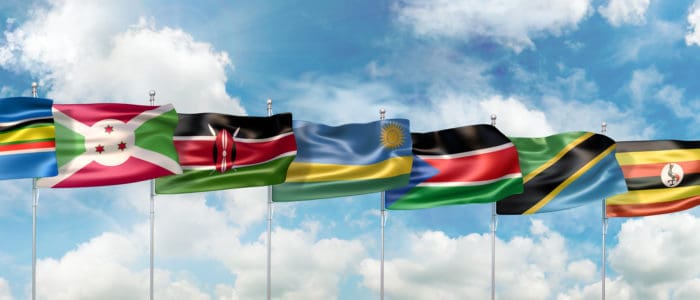Published
East African Community and the EU’s Economic Partnership Agreement: Do African Countries Suffer from the Victim Complex?
Subjects: Africa EU Trade Agreements European Union Regions

By Maria Salfi (Intern at ECIPE)
A week has passed and the deadline to ratify the Economic Partnership Agreement (EPA) missed. African countries are at the borderline, giving up 12 years of negotiations with the EU. Enjoying the duty-free quota-free access since January 2008, Kenya is being diminished to a step lower. In fact its export now follows the Generalized System of Preferences (GSP) since they did not implement the agreement within the 1st October’s deadline. The other members of the East African Community (EAC) – of which Kenya is part of – are being placed under the “everything but arms” system that enables them to have only duty-free access to the EU market.
Set it up in 1971, the GSP ensures that exporters from developing countries pay lower duties than the official duty applicable (Most Favoured Nation). It is basically a system of unilateral preferences toward Least Developed Countries (LDC) offering accesses to the EU market similar to EPAs. LDCs which do not have an EPA with the EU can therefore benefit from a special export regime although the GSP is not as favourable as the duty-free quota-free system. Nonetheless, it is a unilateral system meaning that the EU does not get the same treatment that it gives.
Thanks to this special scheme, developing and least developed countries can improve their trading capacity and enter markets that they could not do under the MFN arrangement. Therefore they have always profited from a special position that the “developed world” has proposed to them. However, when finally they had the occasion to implement an Economic Partnership Agreement with the EU, they made a step back. There is a general feeling that African countries perceive the EPA as being biased toward the EU. Yet, they have enjoyed a distinctive position in terms of trade with the Union for quite some time. Ratifying the EPA would have only improve it and make it official. Instead, their economy is facing major costs in terms of trade. Kenya is now incurring costs on its export which did not have before. Its flower market – Kenya is a major flower exporter to the EU – is suffering from a 5% to 8.5% tariff, risking a loss of some of its business permanently.